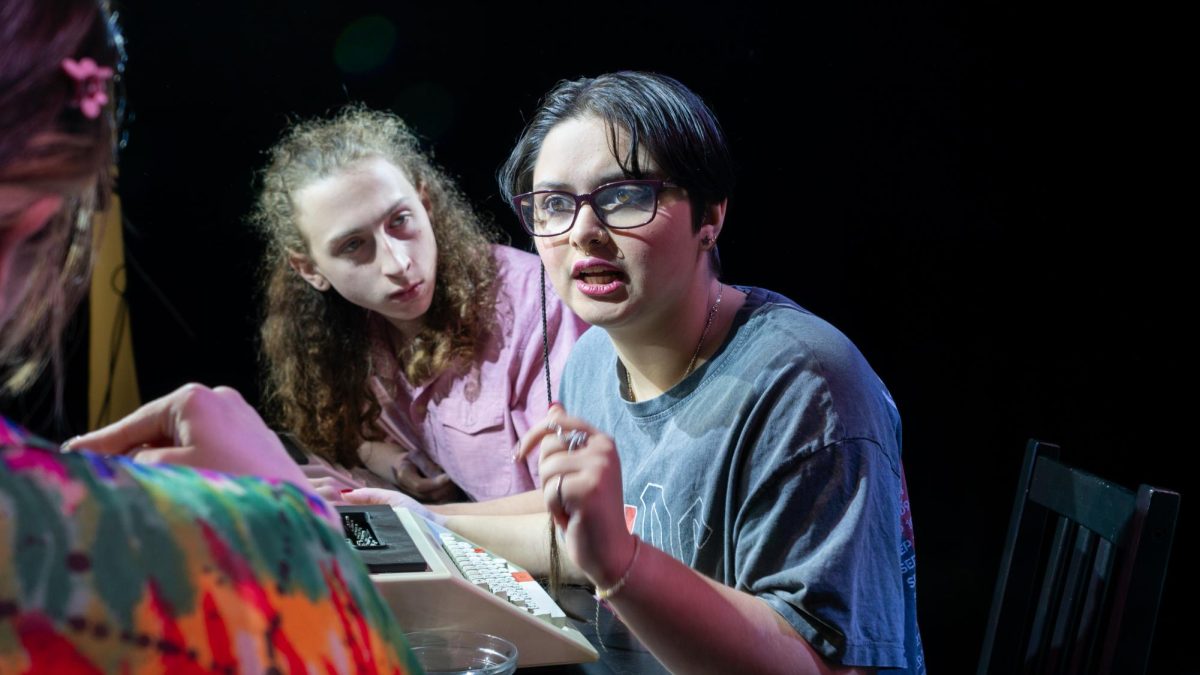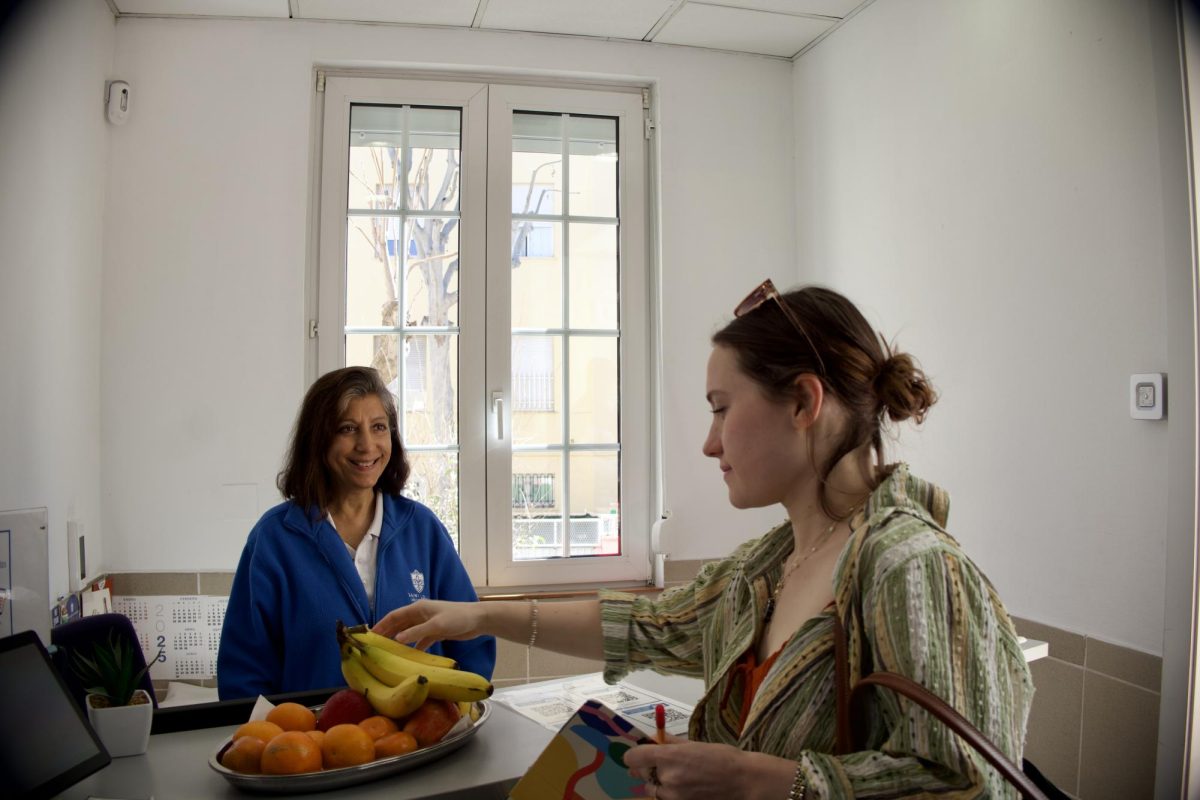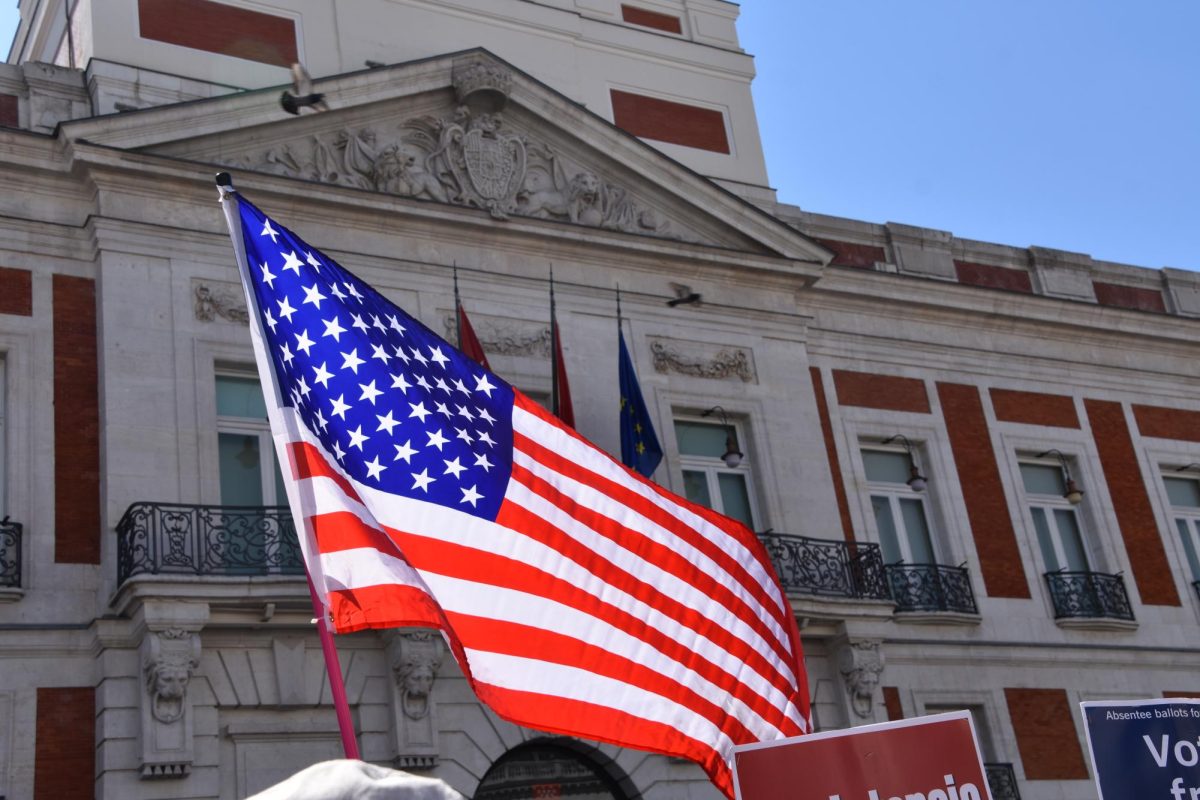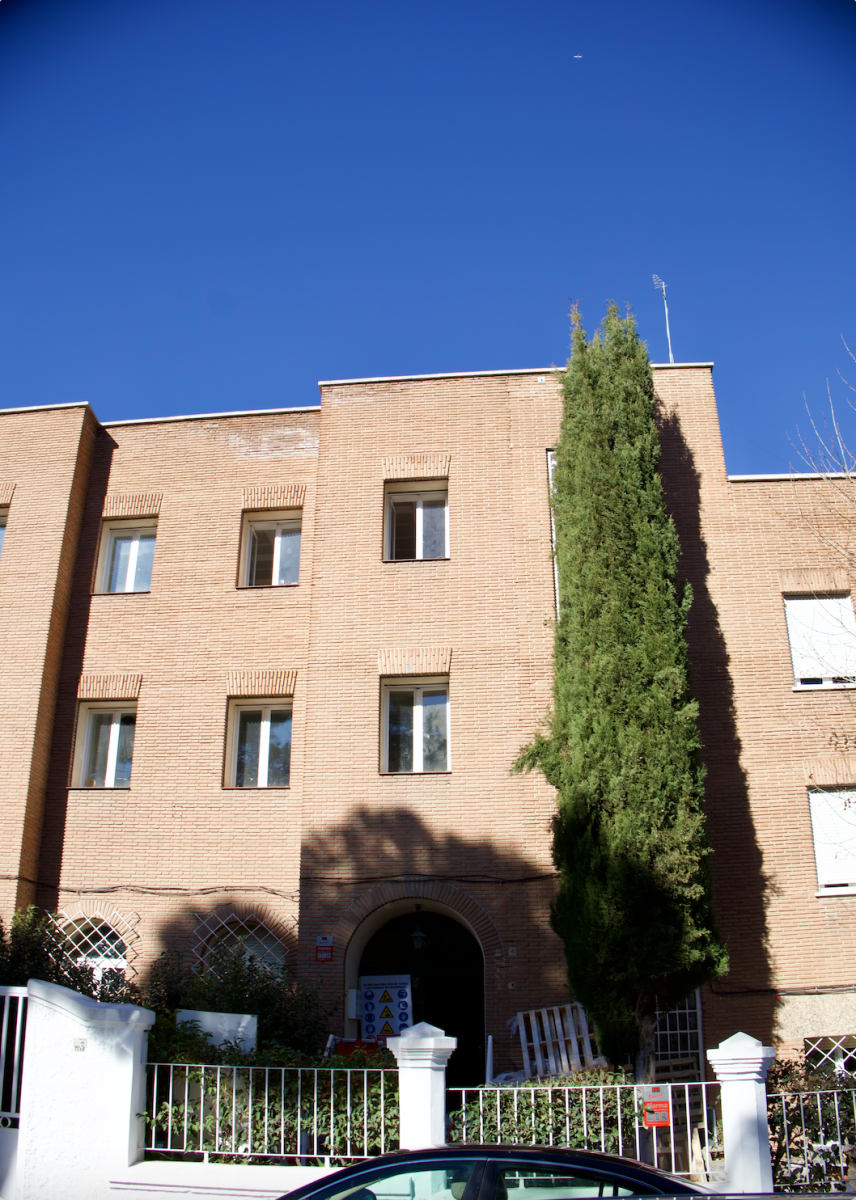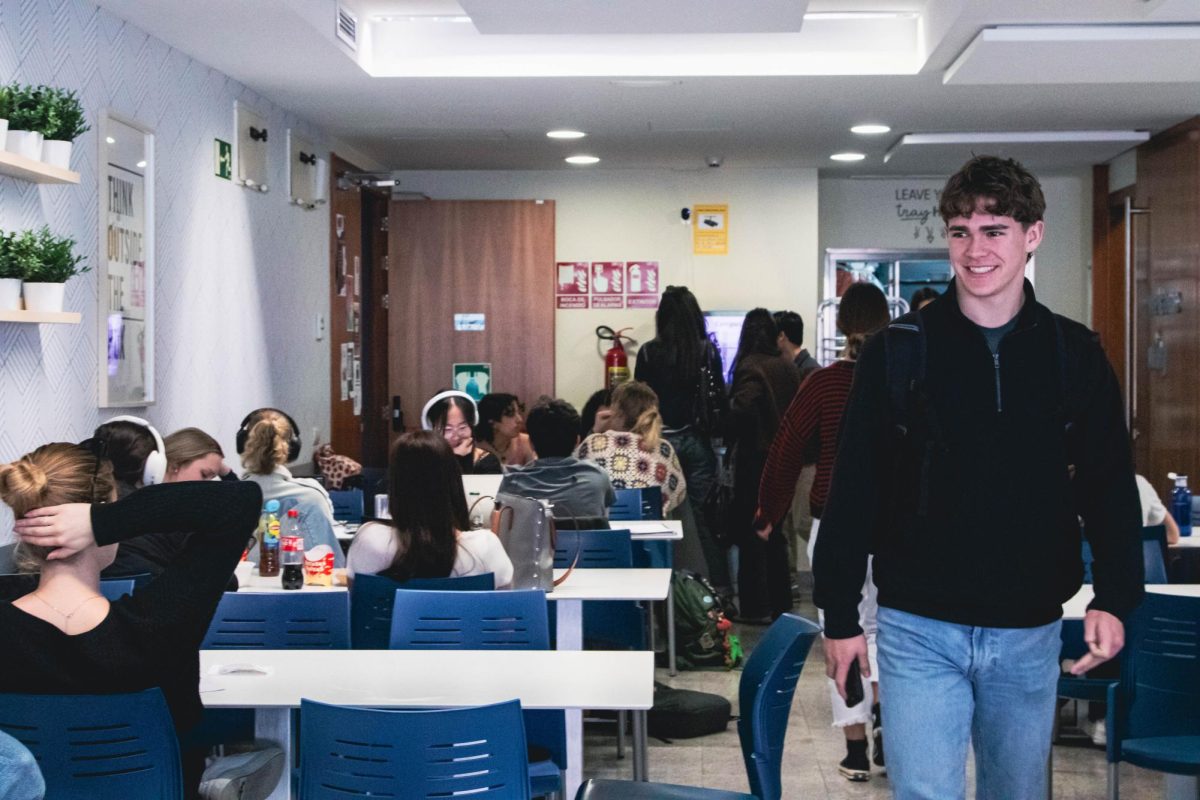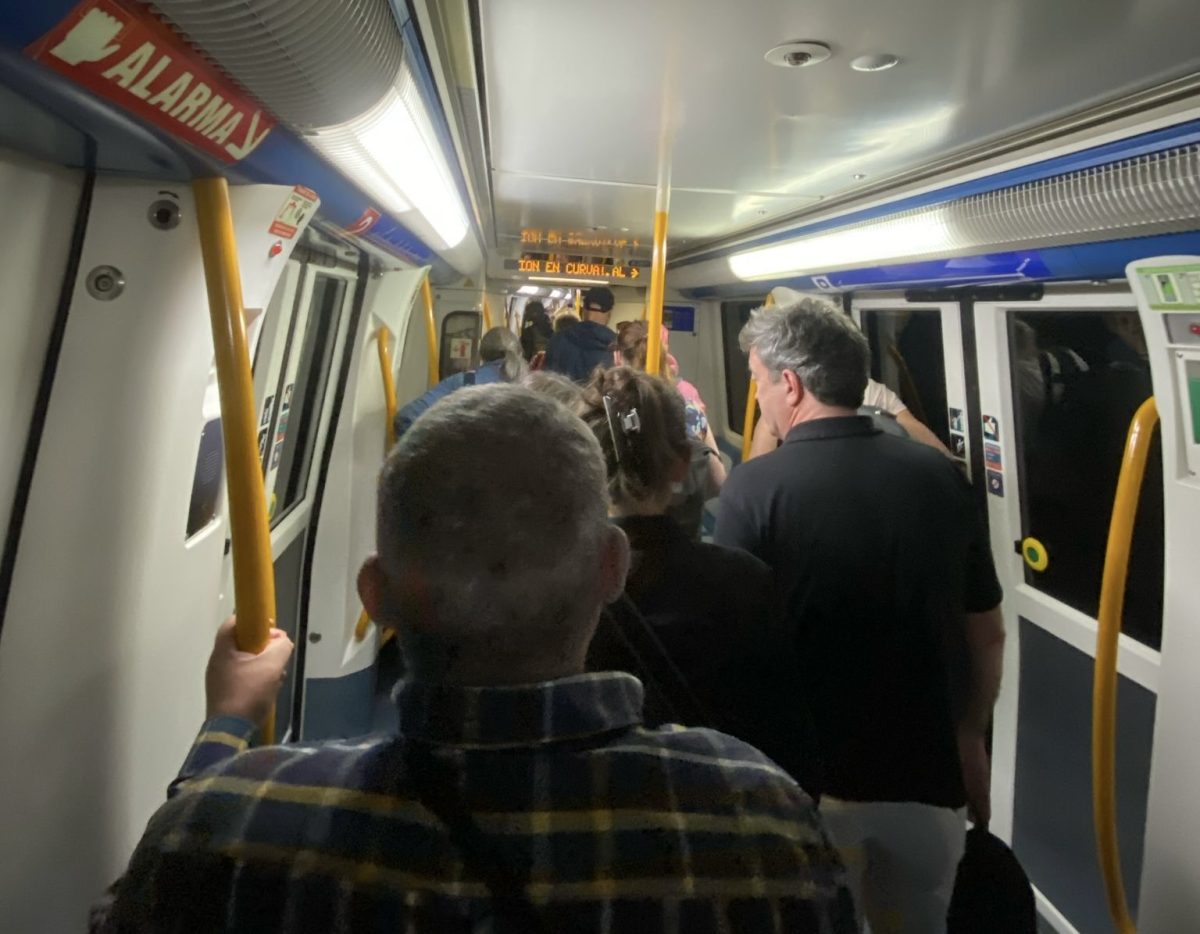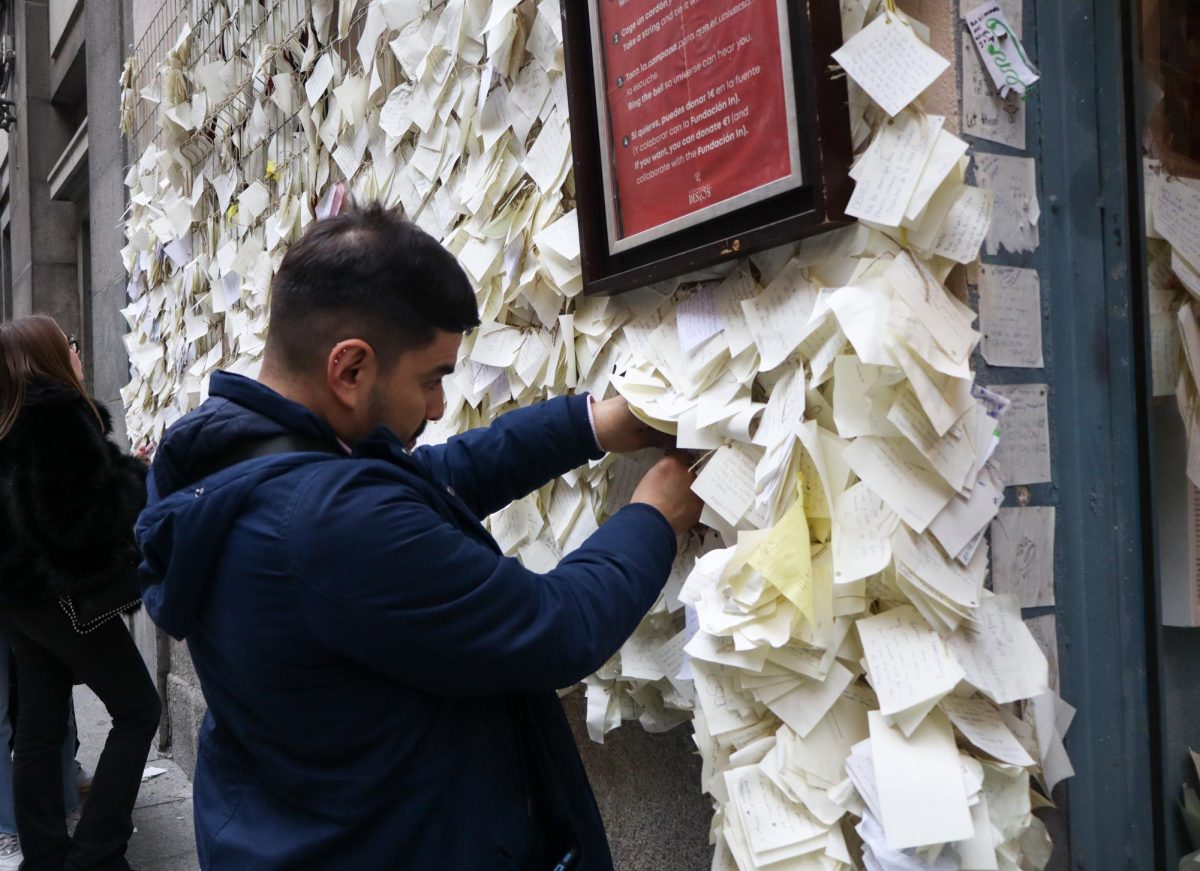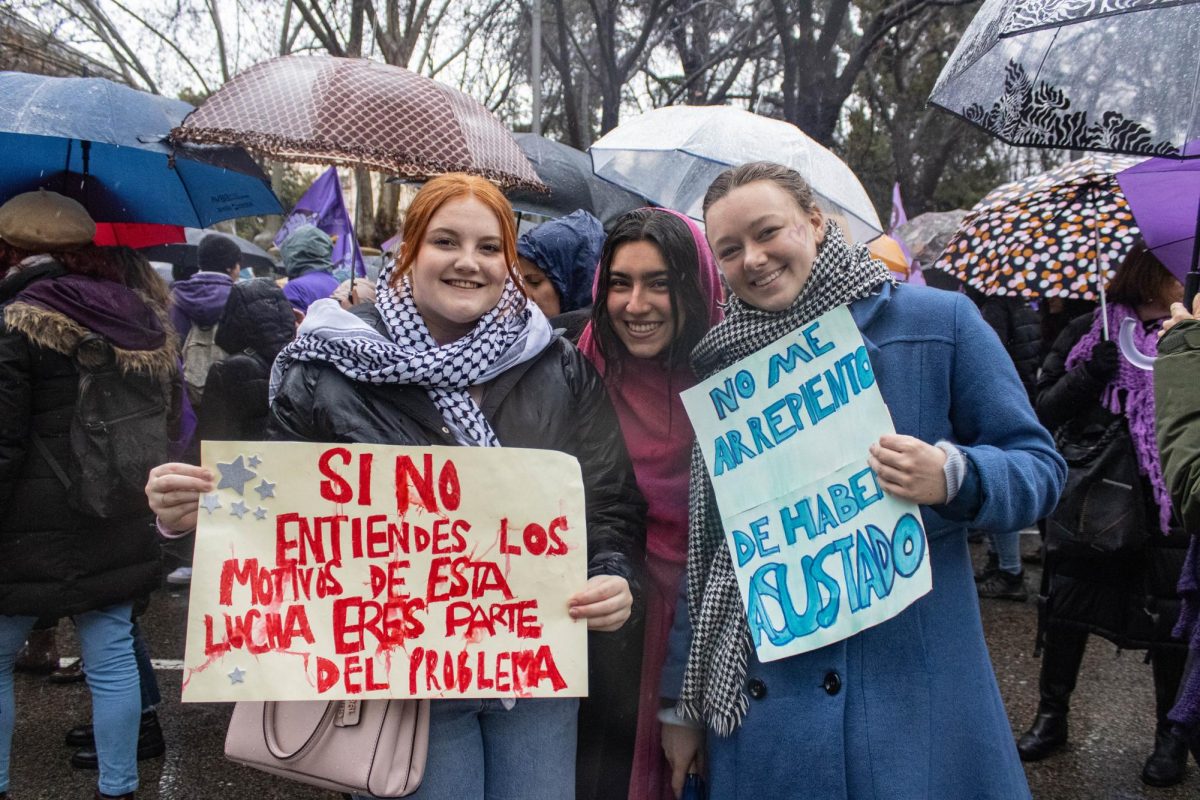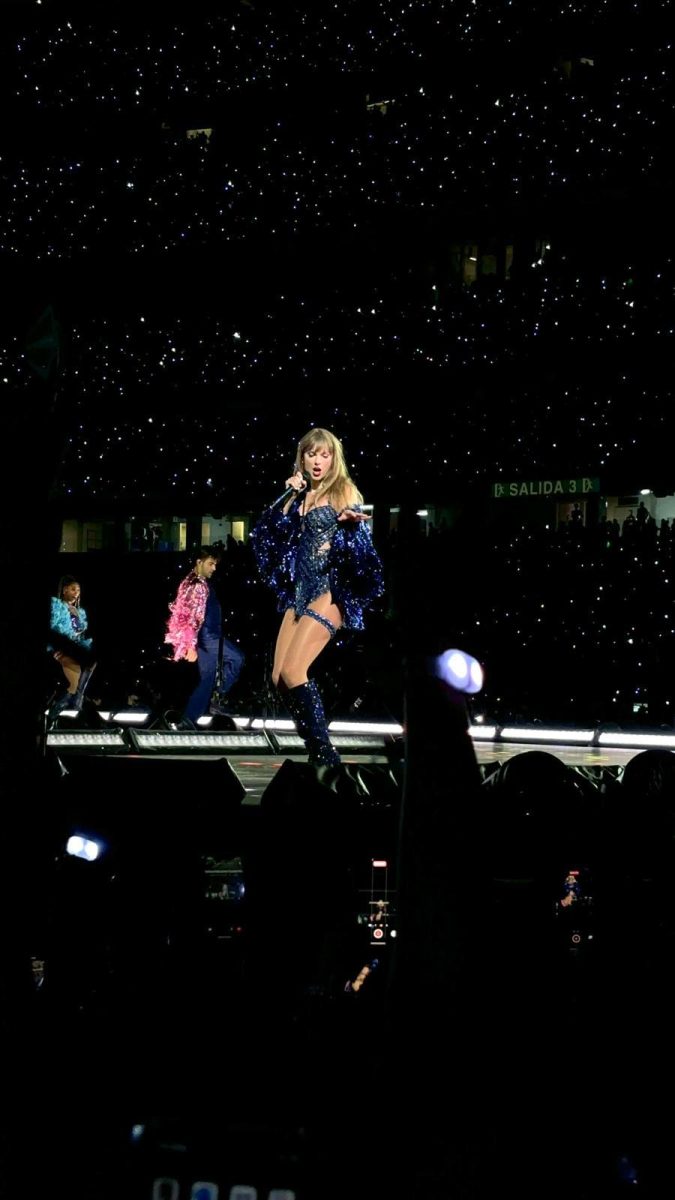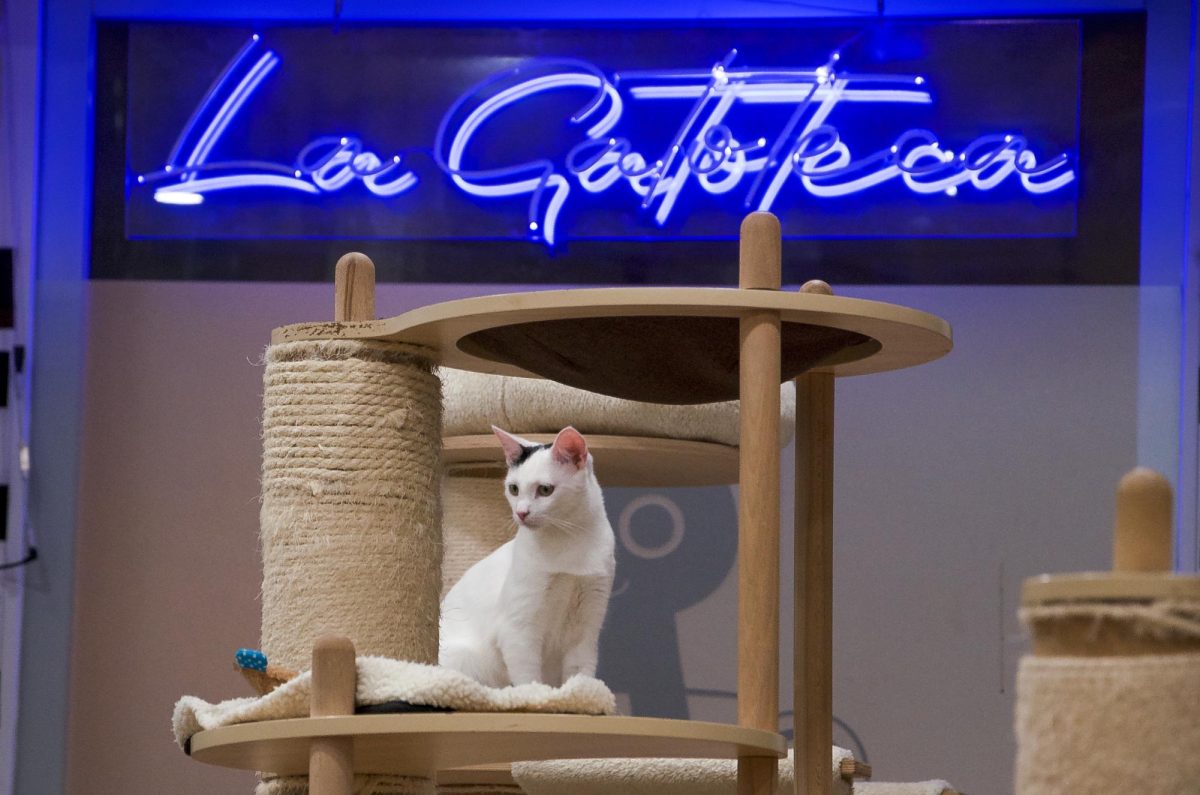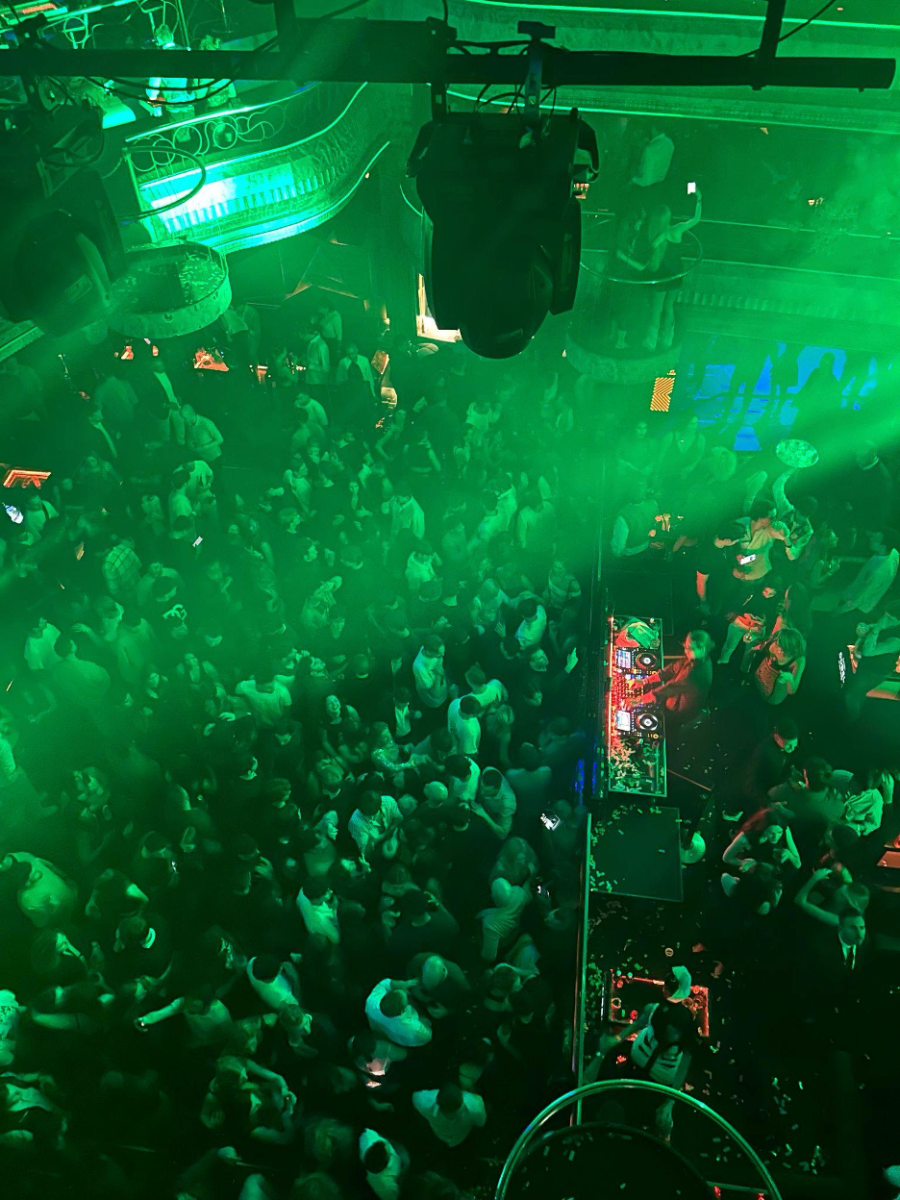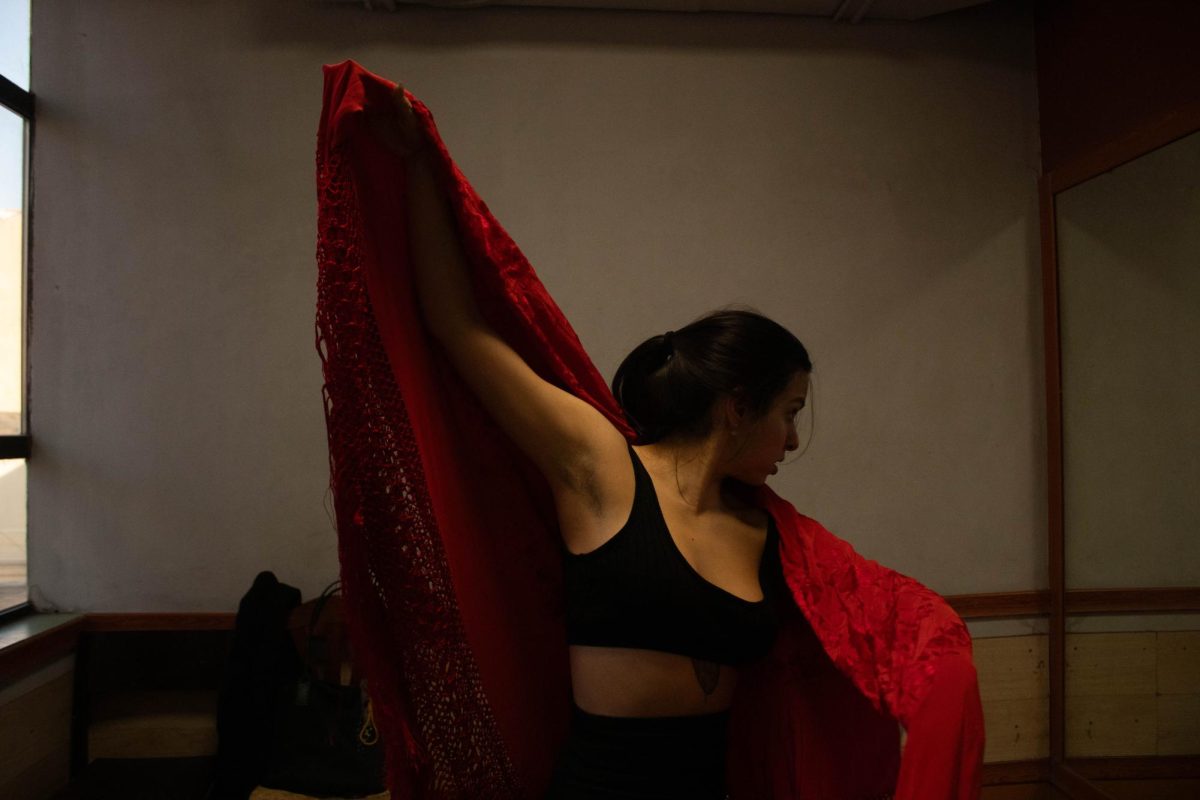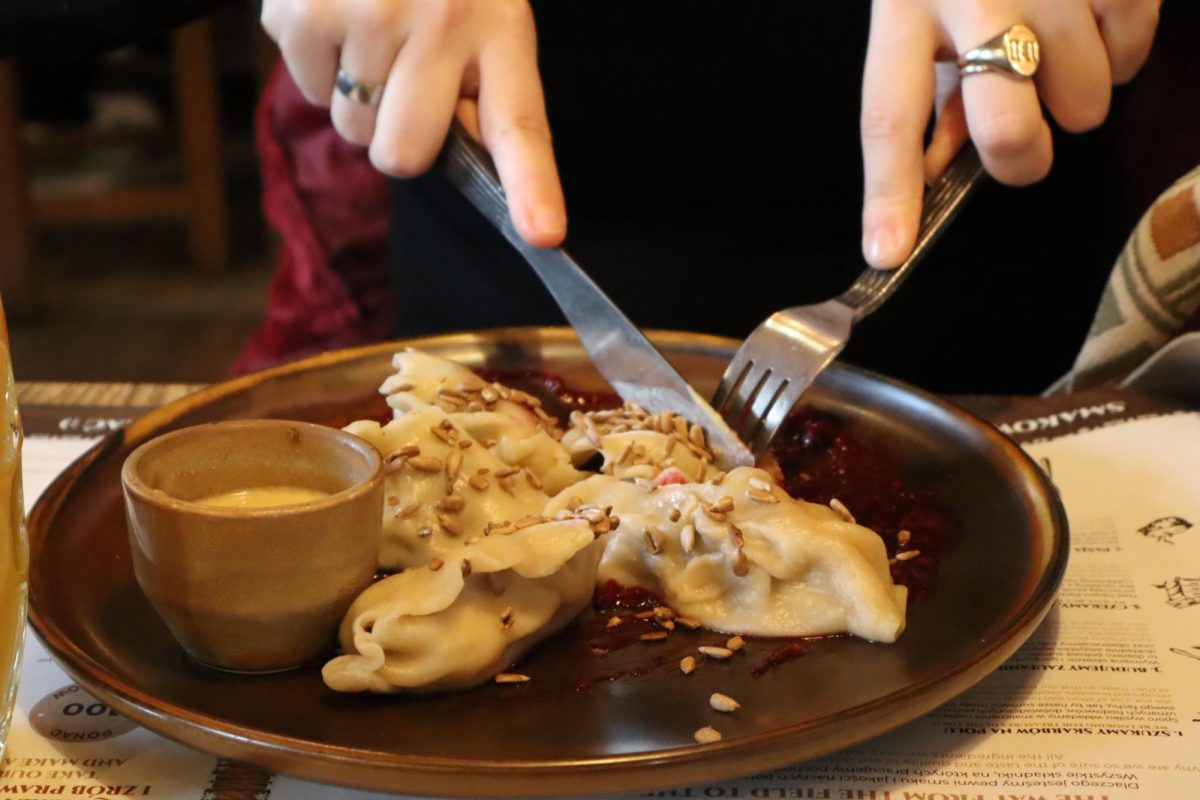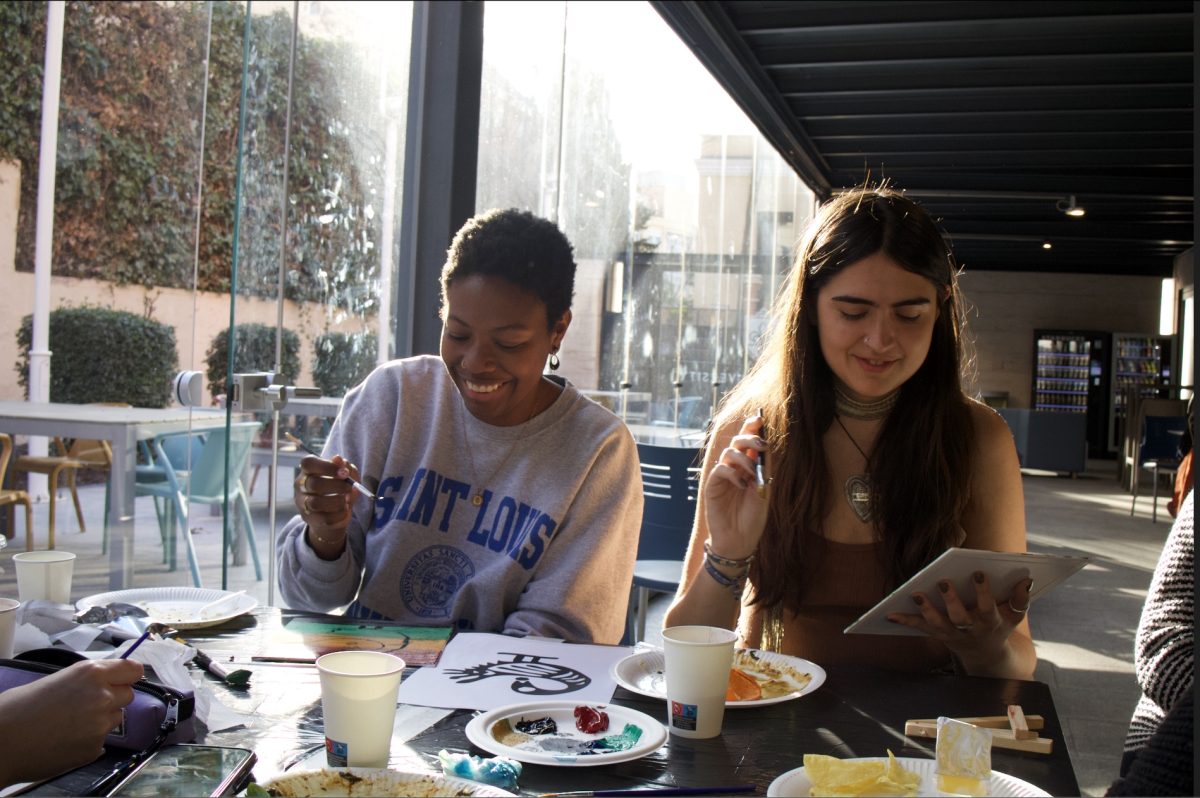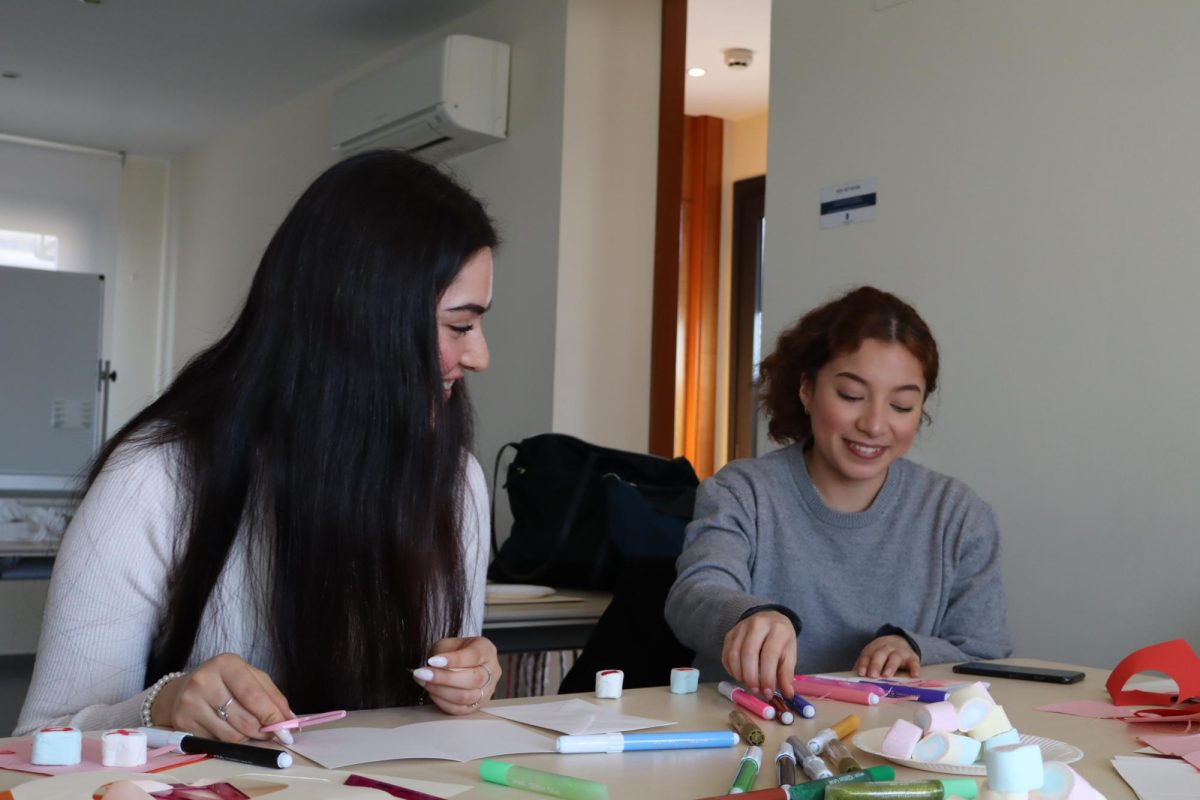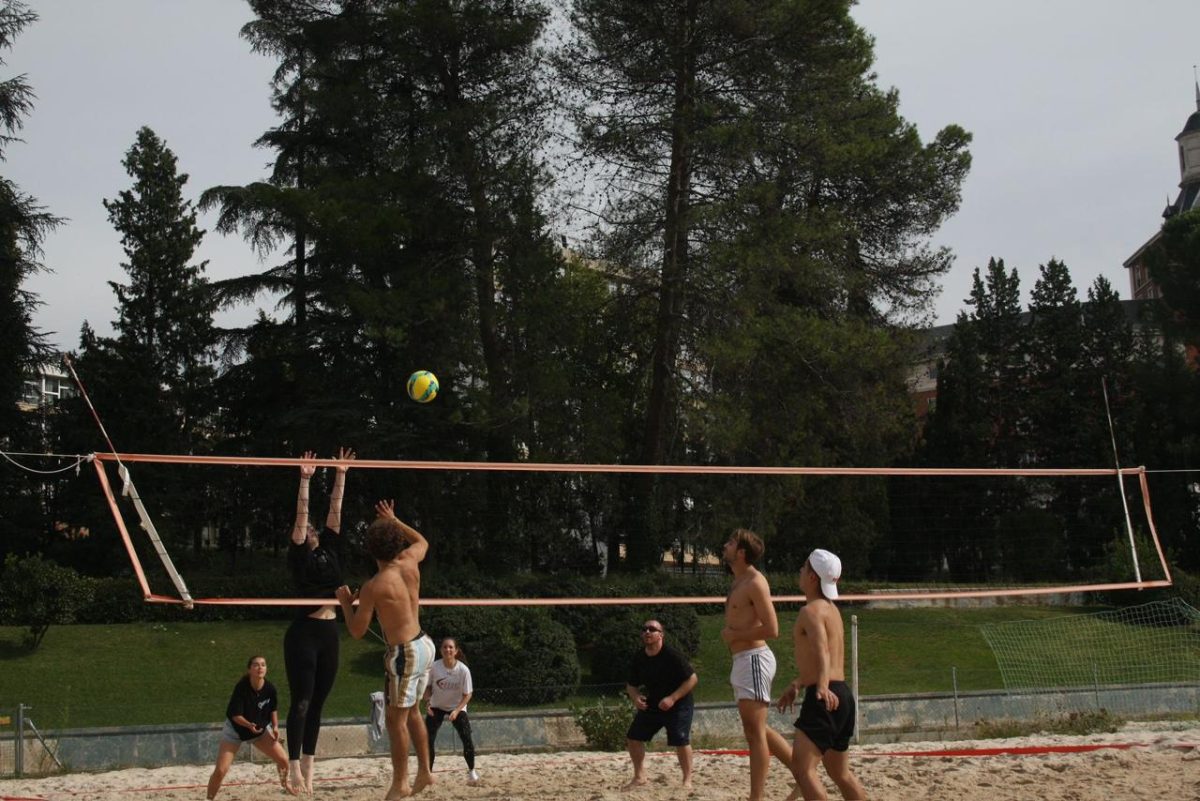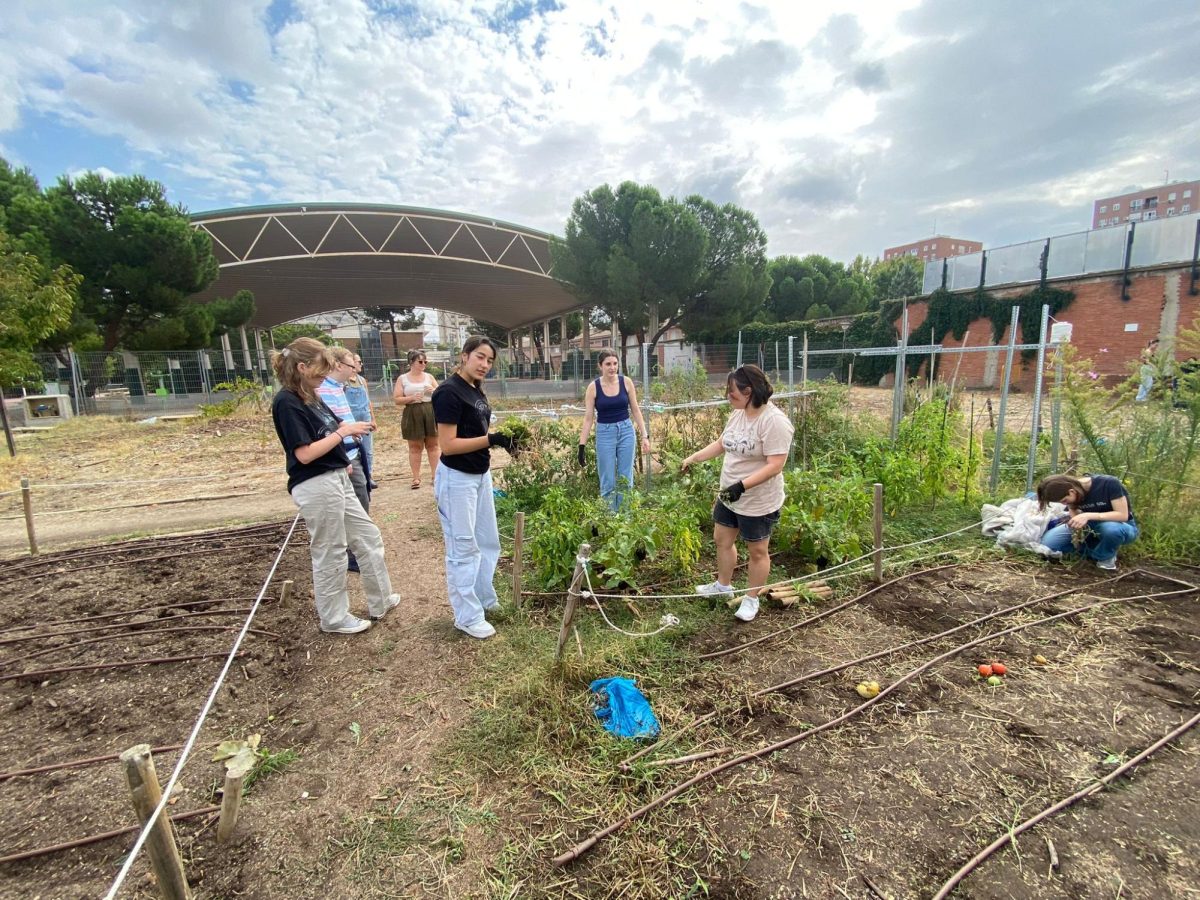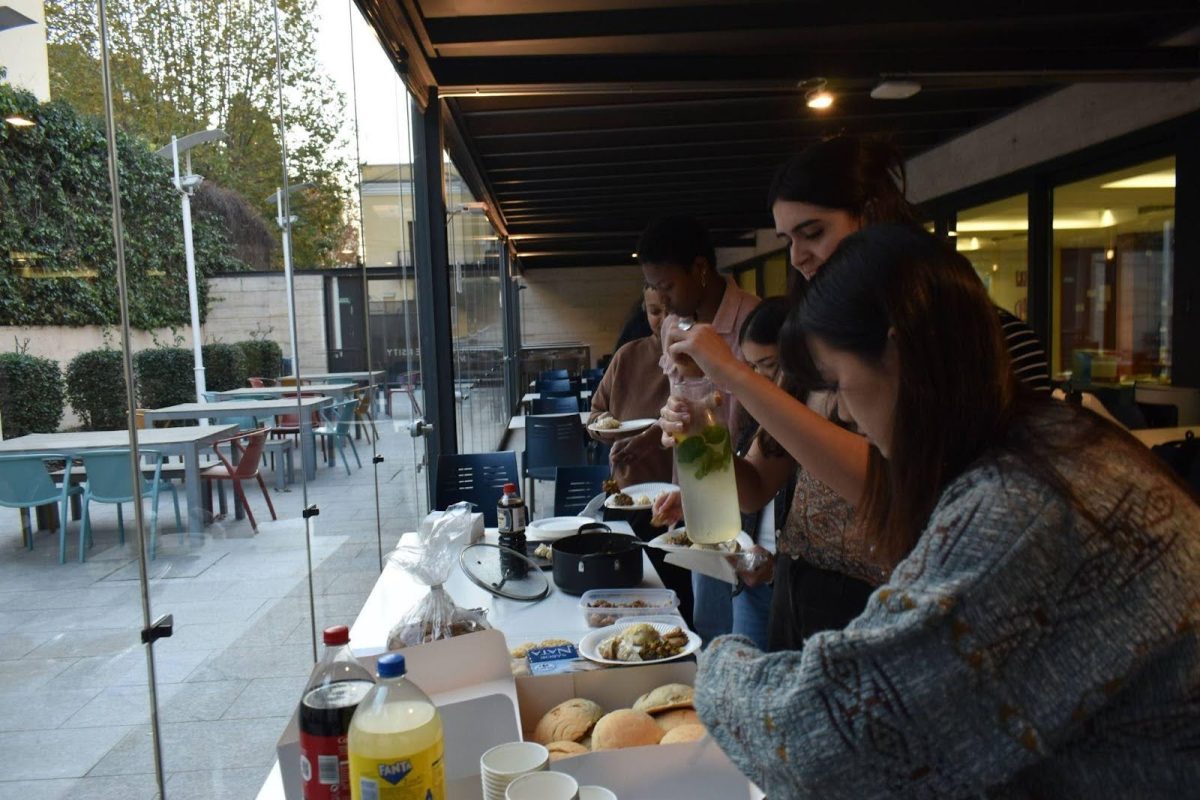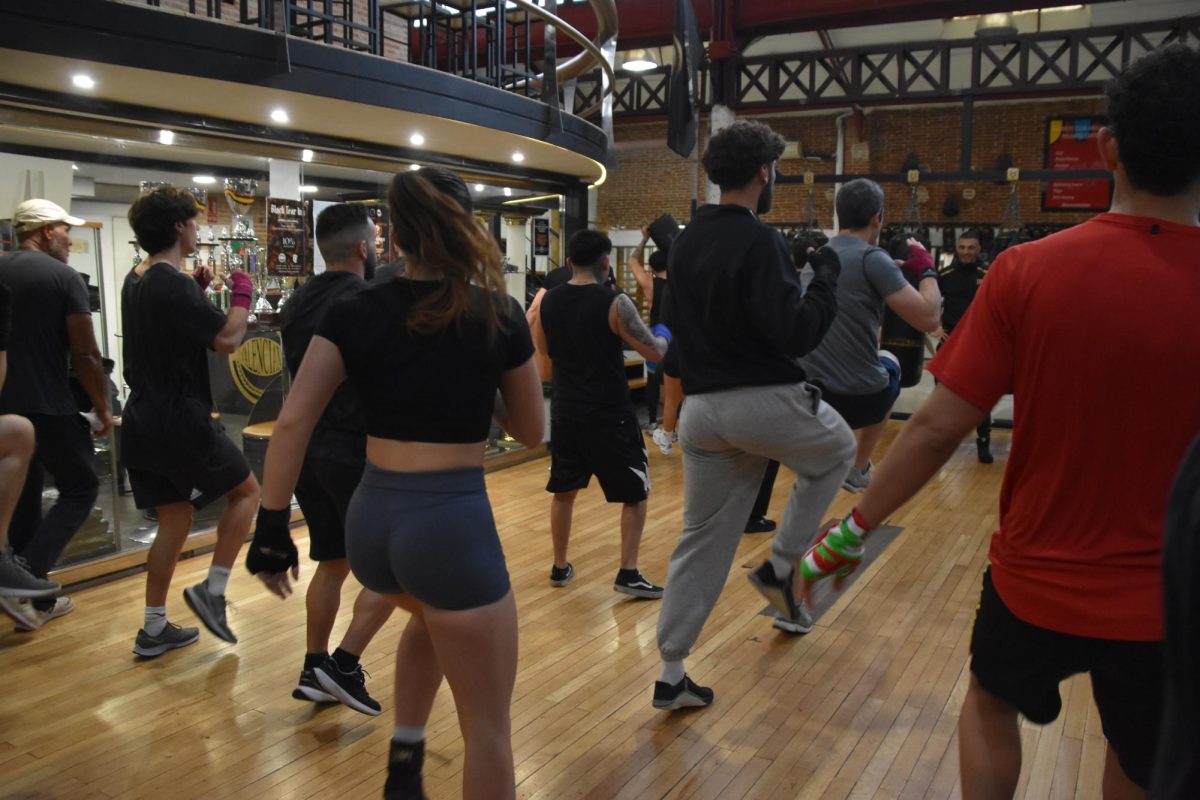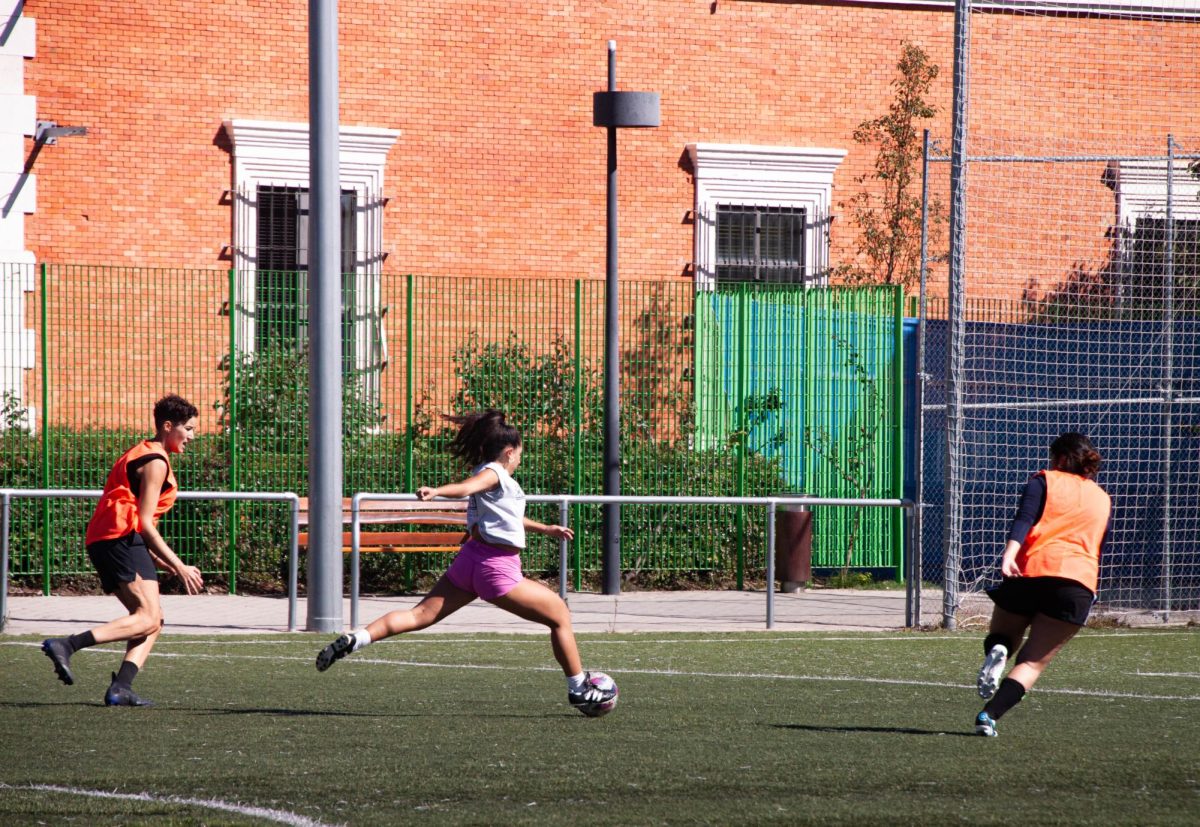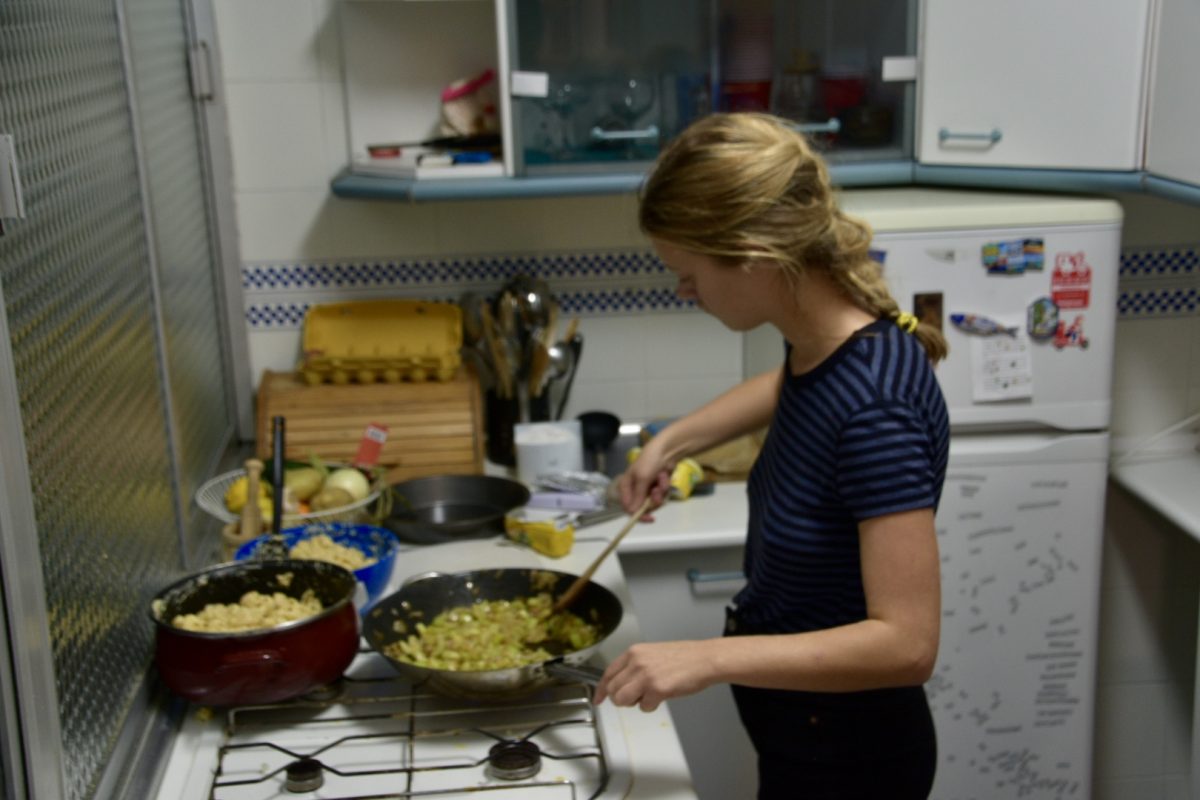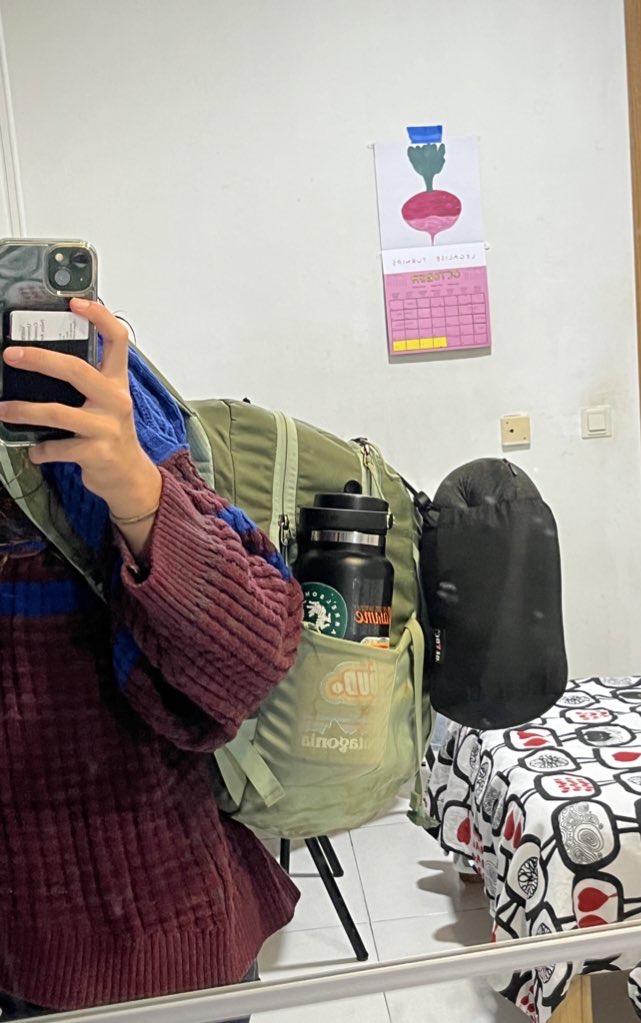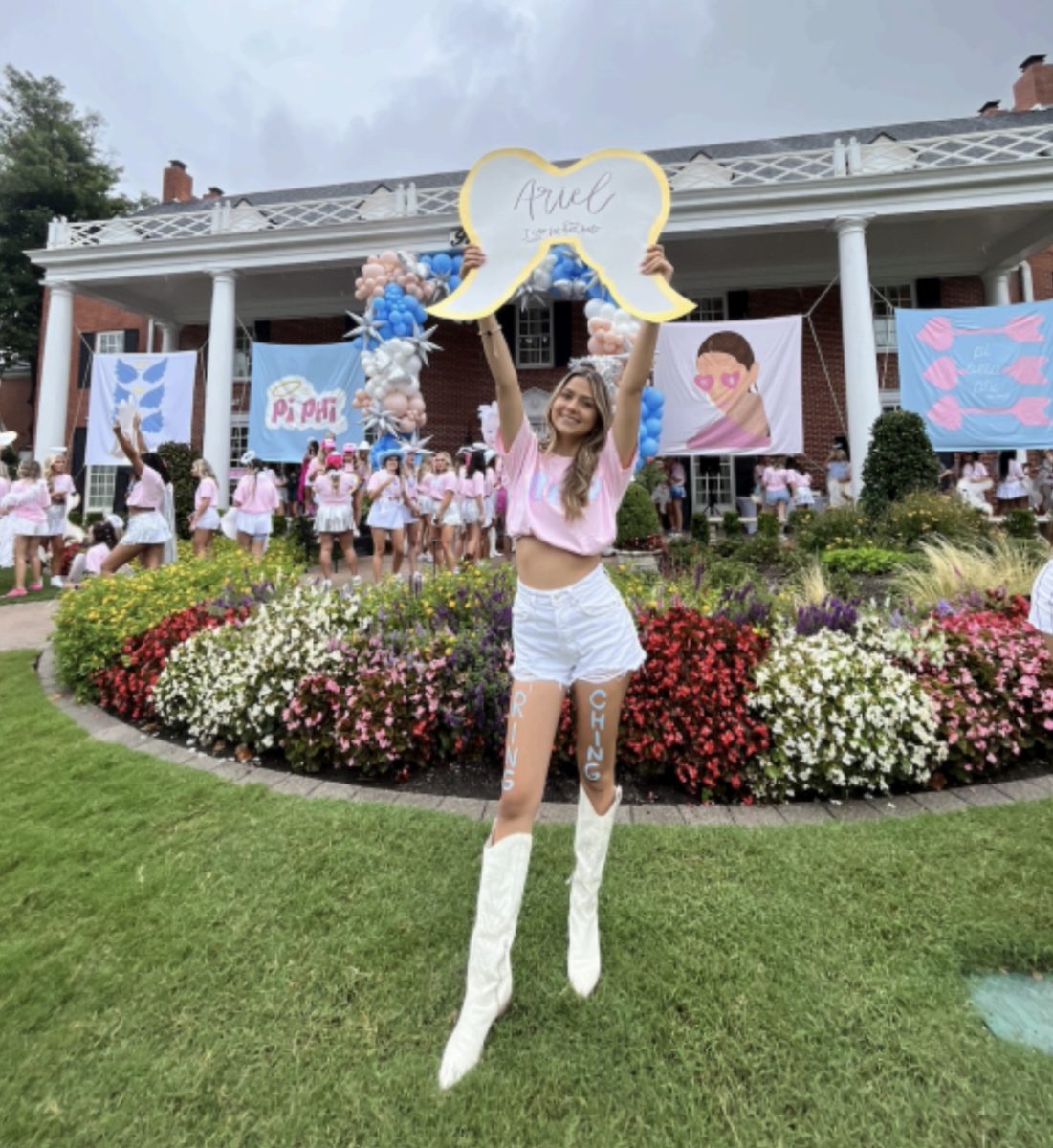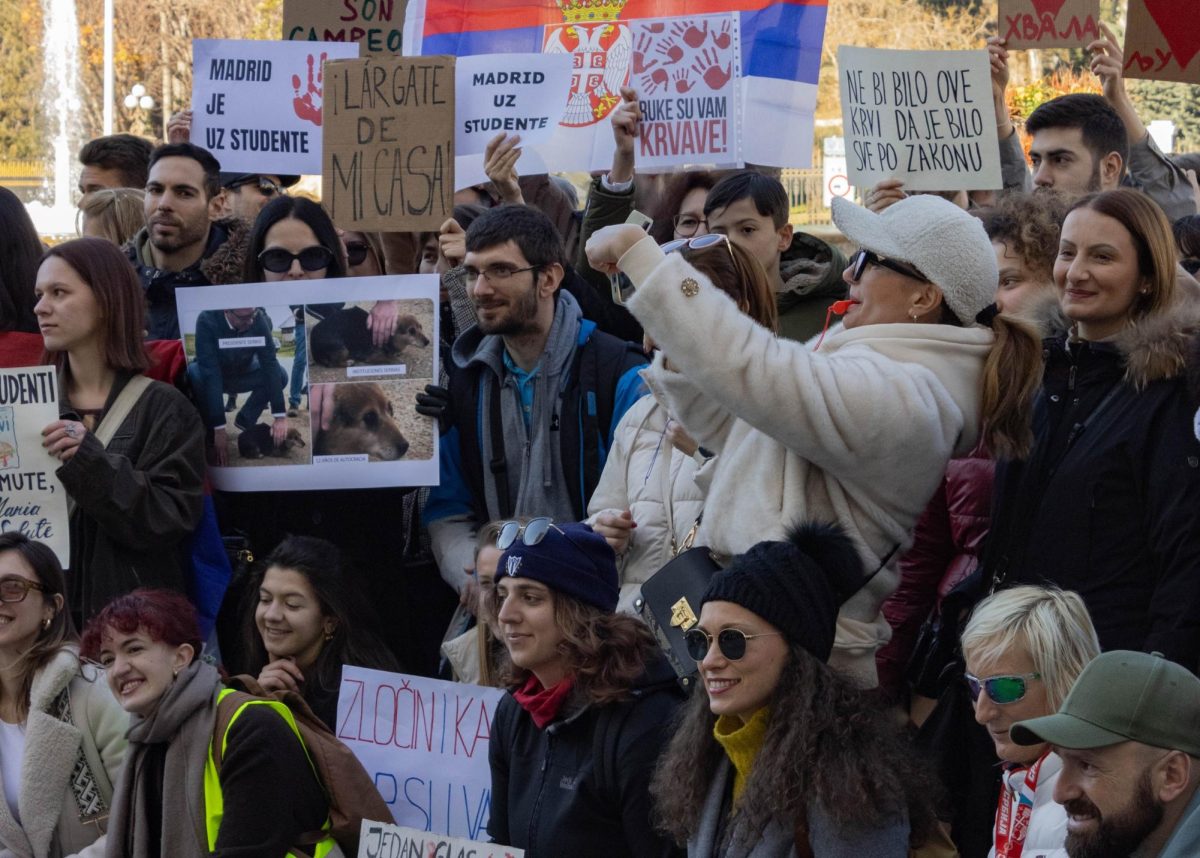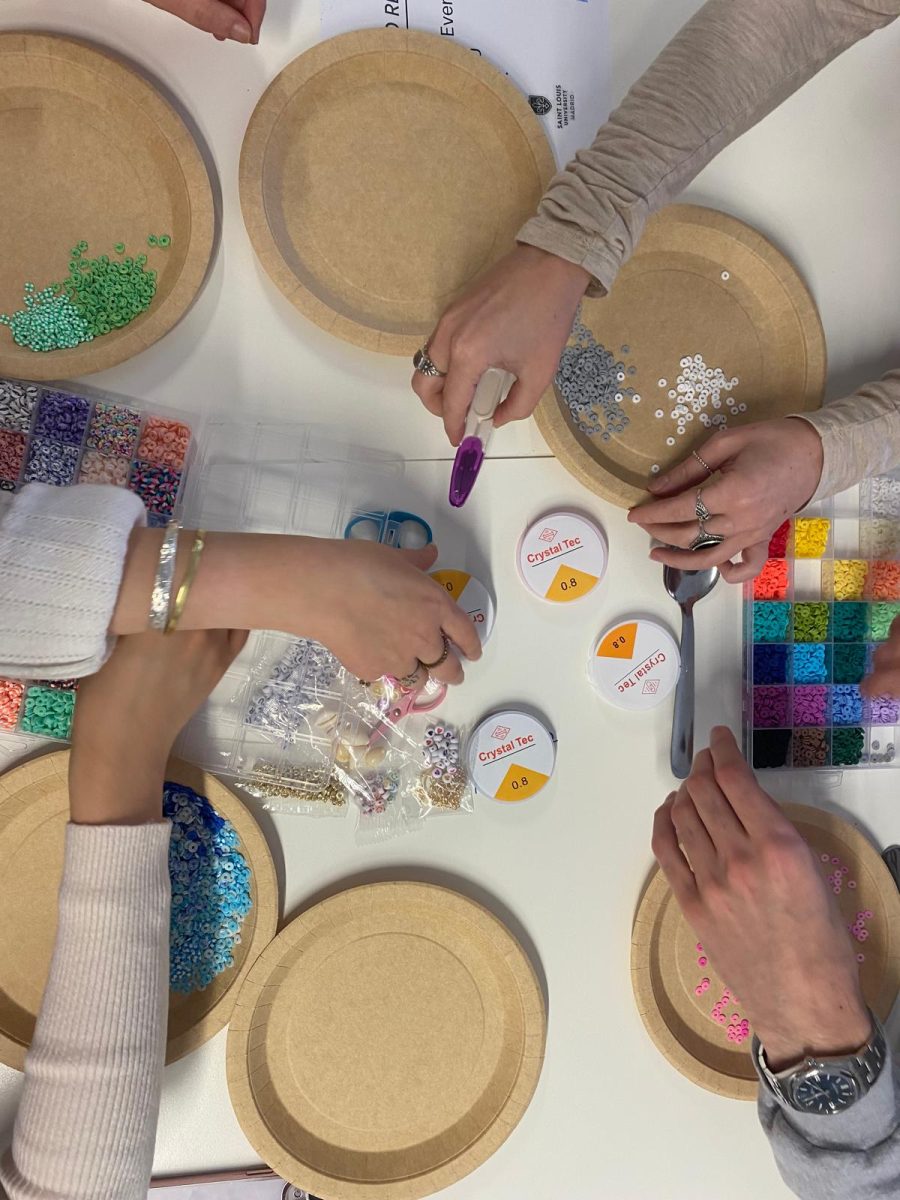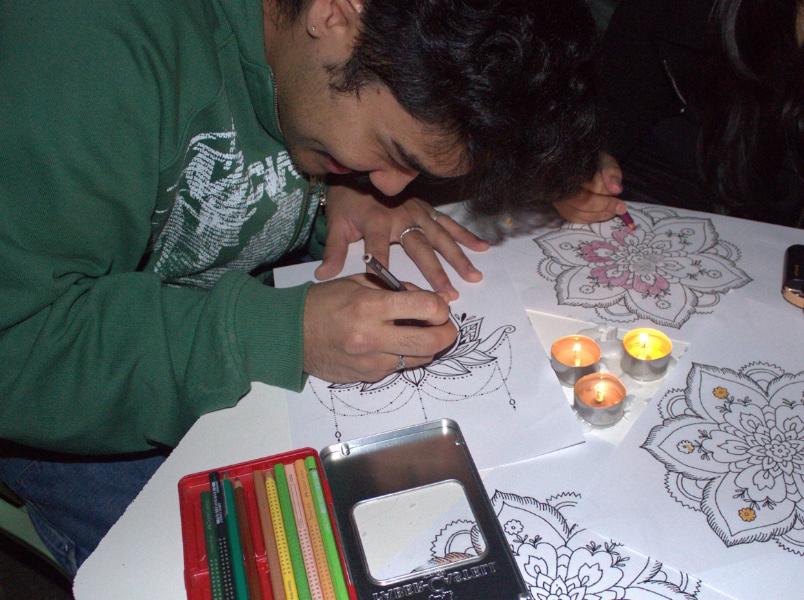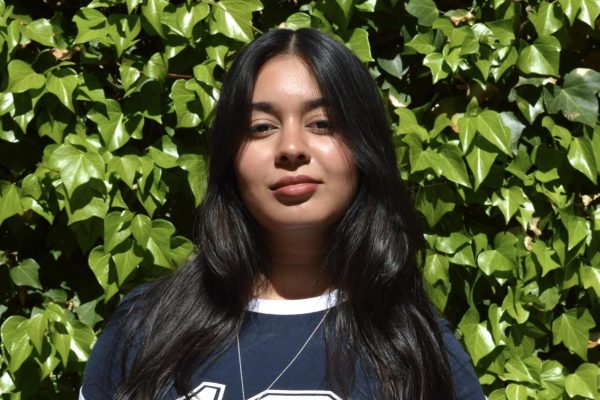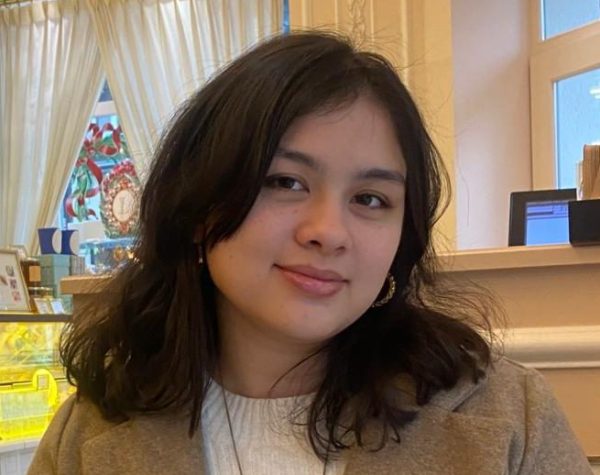Inspired by a “Check Your Sexism” self-test on campus last spring, students at SLU-Madrid founded a feminist club this semester, and it has now attracted more than 50 members.
“Those who organized the Stop Sexism activity were motivated by frustration on campus with sexist behavior and fear of feminism,” said Anne Dewey, the club faculty adviser and professor of English and women’s studies.
The idea for the self-test arose in an Ignite Seminar: Gender and National Identity through Women’s Stories. The self-test included questions such as: “I do not refer to women as sexual objects and/or in a derogatory manner based on their appearance.”
While administering the survey, Hannah Goodwin, now club president, and her friends got the idea to create a formal group to tackle issues like sexism, sexual assault awareness, and period poverty.
In October they helped organize a screening of the Netflix documentary You Are Not Alone: The Fight Against The Wolf Pack. The 2024 documentary depicts the famous La Manada gang rape during the San Fermín festival in Pamplona, which “generated the first Spanish #MeToo case,” according to FilmAffinity.
In the future, the club plans to visit the exhibit Gabriele Munter: The Great Expressionist Woman Painter. They also plan to volunteer with the U.S.A. Girl Scouts Overseas organization and raise money with T-shirts and bake sales to alleviate period poverty in underdeveloped areas.
Another issue the club is concerned with is unconscious sexism in the workplace.
These are slights that exist in many institutions, including SLU-Madrid.
“I think the treatment is pretty equitable, and leadership is fair in most areas of the campus,” Dewey said. “What has frustrated me over the years is people not listening to your comments, and then a man says the same thing, and everyone just listens to it. Or you make a complaint and it is not taken seriously. It’s one of the small frustrations, but it’s mostly unconscious.”
Maya Hardin, a member who attended the first club meeting, worked in “male dominated industries” for the past two years.
“When I worked as a medical receptionist, you could see that the clients preferred men over women,” Hardin said. “During my time at UPS, they didn’t do much to protect women from harassment.”
Club members hope to raise awareness of these problems and erode the stigmas associated with feminism such as the derogatory depiction of activists as “feminazis.”
Marty McAuliff said even just talking about issues can help bring change.
“I’d like to bring more awareness,” McAuliff said. “Even seeing the word feminism in schools can make you think about it and be conscious in learning more.”
Charles Mut-Tracy, the club’s social media manager, said he would utilize his unique role to overcome obstacles like the lack of male representation in feminist clubs.
“As the social media guy, my job deals with the public,” Mut-Tracy said. “We plan on creating Instagram posts for Men’s Mental Health Month, as we want to ensure that people don’t have a reason to disregard each other and their issues, like male sexual assault. Helping one gender doesn’t mean taking down another.”
Goodwin agrees.
“For me, feminism is genuinely, strictly about gender equality,” she said. “It’s not about women being superior to men. I think it’s about everyone having rights that allow them to be equal to the benefit of all of society.”
